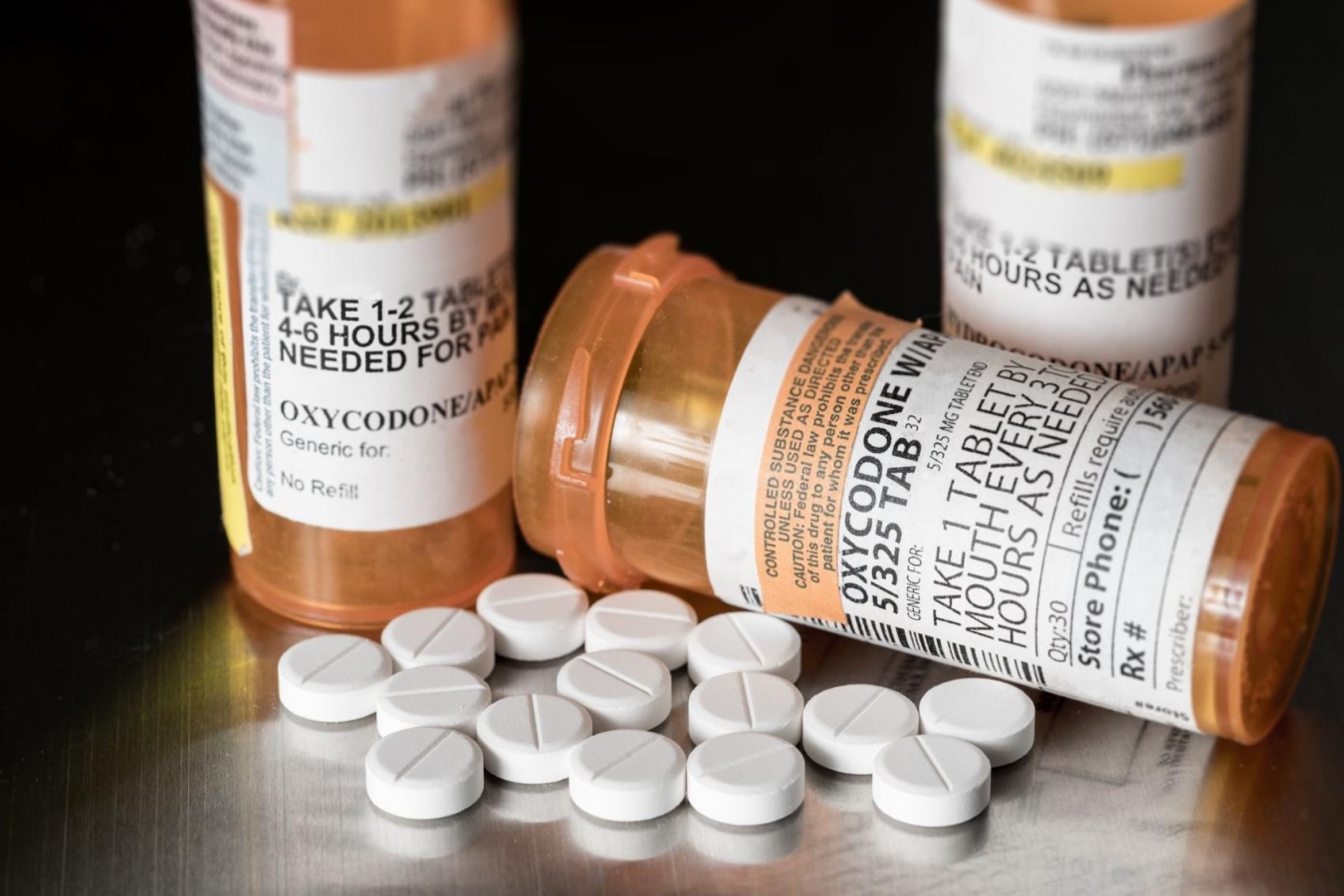


 8:39:12
8:39:12  2019-01-19
2019-01-19  1251
1251

Rates of a serious birth defect are on the rise in the United States, and a new report suggests the condition may be linked to opioid use.
The report, published Jan. 17 by researchers at the Centers for Disease Control and Prevention, looks at cases of gastroschisis, a birth defect in which a baby is born with his or her intestines outside the body, due to a hole in the abdominal wall. Surgery is required to place the intestines back in the body and to repair the hole, but even after this treatment, infants may have problems with digestion, eating and food absorption, according to the CDC. The cause of the condition is usually unknown, but mothers younger than 20 are thought to be at higher risk than older mothers.
The new report analyzed information on gastroschisis cases in 20 U.S. states and found that the rate of gastroschisis increased 10 percent from 2006 to 2010, to 2011 to 2015. Specifically, the report found that the rate of gastroschisis rose from 4.2 cases per 10,000 live births in 2006 to 2010, to 4.5 cases per 10,000 live births in 2011 to 2015. The largest increases were seen in babies born to mothers in their 20s and 30s.
The new report follows an earlier study that found that the rate of gastroschisis also increased between 1995 and 2012.
The reason for the increase is not known, but the new report hints at a link to the opioid epidemic. The researchers found that the prevalence of gastroschisis was 1.6 times higher in counties with high rates of prescription opioid use, compared with counties with low prescription opioid rates.
Still, the researchers noted that the study only found an association, and cannot prove that opioid use causes gastroschisis. The study examined opioid use and gastroschisis rates only at a population level, and did not have information on whether women who had babies with gastroschisis were exposed to opioids.
Dr. Saima Aftab, medical director of the Fetal Care Center at Nicklaus Children's Hospital in Miami, who was not involved in the study, said that this rise in occurrences of gastroschisis is concerning. And the fact that rates are rising not only in women under 20, who are thought to be at highest risk, but also in older age groups is "even more alarming," Aftab told Live Science. This suggests that "there's something changing" about the usual patterns of gastroschisis epidemiology.
Aftab noted that she and her colleagues have also noticed an increase in gastroschisis cases in their hospital's fetal program, even in the last six months.
Gastroschisis is a serious condition that can cause swelling, twisting and damage to the baby's intestines before birth, Aftab said. Even after surgery, it may take weeks for the bowels to start functioning, and babies may be in the neonatal intensive care unit (NICU) for months, she said.
The link to opioids seen in the new report is an interesting signal, said Aftab, though she also cautioned that the report cannot determine causality.
But "it does guide where we need to direct our research and how we can answer these questions," she said. For example, basic science studies in animals can look at whether opioids disrupt blood vessels or the bowel tissue when taken during pregnancy. And researchers can also look at whether there's a link among high-risk populations of women who use opioids in pregnancy.
"Having a better understanding of all possible effects of opioid use during pregnancy can help provide evidence-based information to health care providers and women about the potential risks to the developing fetus," the report concludes.
By Rachael Rettner, Live Science
Reality Of Islam |
|

MXenes are

A newly dev

Get ready f

Researchers
 9:3:43
9:3:43
 2018-11-05
2018-11-05
10 benefits of Marriage in Islam
 7:5:22
7:5:22
 2019-04-08
2019-04-08
benefits of reciting surat yunus, hud &
 9:45:7
9:45:7
 2018-12-24
2018-12-24
advantages & disadvantages of divorce
 11:35:12
11:35:12
 2018-06-10
2018-06-10
 6:0:51
6:0:51
 2018-10-16
2018-10-16
 7:45:39
7:45:39
 2018-06-21
2018-06-21
 6:28:21
6:28:21
 2022-12-20
2022-12-20
 11:2:27
11:2:27
 2022-10-06
2022-10-06
 9:42:16
9:42:16
 2022-10-19
2022-10-19
 7:0:55
7:0:55
 2022-05-17
2022-05-17
al-hussain (peace be upon him)
 10:18:1
10:18:1
 2022-09-21
2022-09-21
 6:0:8
6:0:8
 2023-03-19
2023-03-19
 5:41:46
5:41:46
 2023-03-18
2023-03-18
| LATEST |